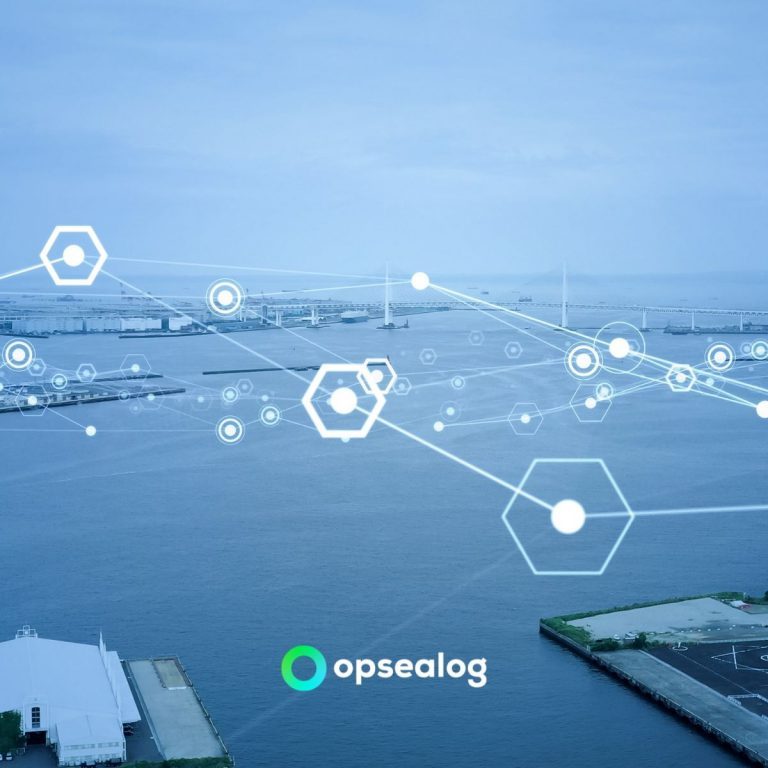Opsealog approaches to data analysis: it’s data quality, not quantity that counts.
Maritime data quality is the biggest take-home message from a recent webinar on fuel monitoring conducted by Riviera Maritime Media. It reinforces something fundamental about how Opsealog approaches maritime data management: data quality, not quantity, counts.
Already, many ship operators are gaining a better understanding of the power of data. There have been plenty of demonstrations of the existing potential fuel savings. For instance, we helped one of our clients in Southeast Asia save 1,200 cubic meters of fuel in six months. It corresponds to about 3,000 tons of avoided CO2 emissions and $445,000 saved.
The more sources of data, both historical and real-time, the greater the sophistication we can achieve in our data analysis. So why then do we say that it is quality, rather than quantity, that is important?
If data is inaccurate, it will not give us what we need to optimize vessel performance. It doesn’t matter how much of it we have. That is, after all, precisely the problem ship operators have faced in the past. How do you convert written notes in a noon report into insights relevant to a vessel’s future performance? How do you convert historical trends from one vessel into useful insights for your fleet?
Even if you have sensors oboard, smart people, and technology can only plug so many data gaps with workable accuracy if those sensors continually malfunction. These are the practical problems we face – complex, sometimes unreliable data from many sources that are too siloed to deliver tangible insights.
Equally, even relatively small datasets can offer significant potential for optimizing vessel operations and saving fuel. Opsealog understands that collecting the right type of data and analyzing it thoroughly can deliver fast and strong returns and meaningful environmental benefits on a limited budget. A very telling example is our pilot project with Identec and Shell in Nigeria: by using precise data on the position of support vessels, we could unlock major efficiencies in Shell’s support fleet, thereby delivering significant savings in time, costs, and fuel.
Facilitating the uptake of digital solutions
Established habits and complex internal workflows can slow the implementation of new solutions. It will not get any simpler with the uptake of new fuels and more complex ship power management systems. However, digitalization can assist the life of crews and decision-makers by delivering clear insights.
This is why we believe big data is just a big opportunity lost without the right expertise and tools to turn it into smart data. Without the insights provided by smart data, it is hard to identify operational inefficiencies, let alone fix them.
Our very own onboard data collection service, Streamlog, simplifies daily reporting onboard vessels. It digitizes information, mitigates errors, and facilitates data entry for personnel. We then integrate multiple data streams into a single, unified platform, providing vessel operators with visualization and expert analysis on our Marinsights platform.
As a ship operator, you spend less time gathering and processing data, and more time taking action to reduce fuel consumption, thereby cutting costs and lowering your emissions.

